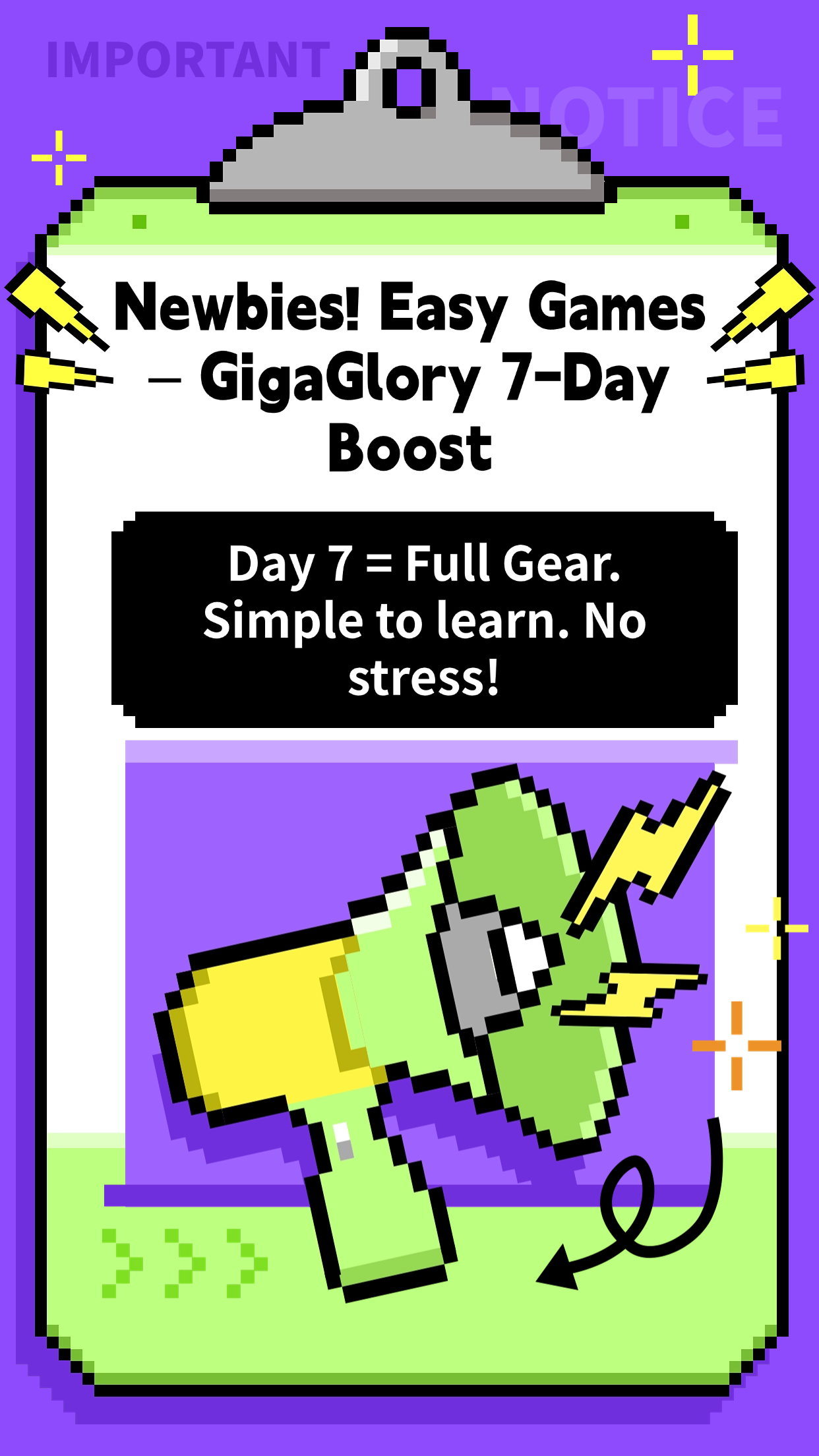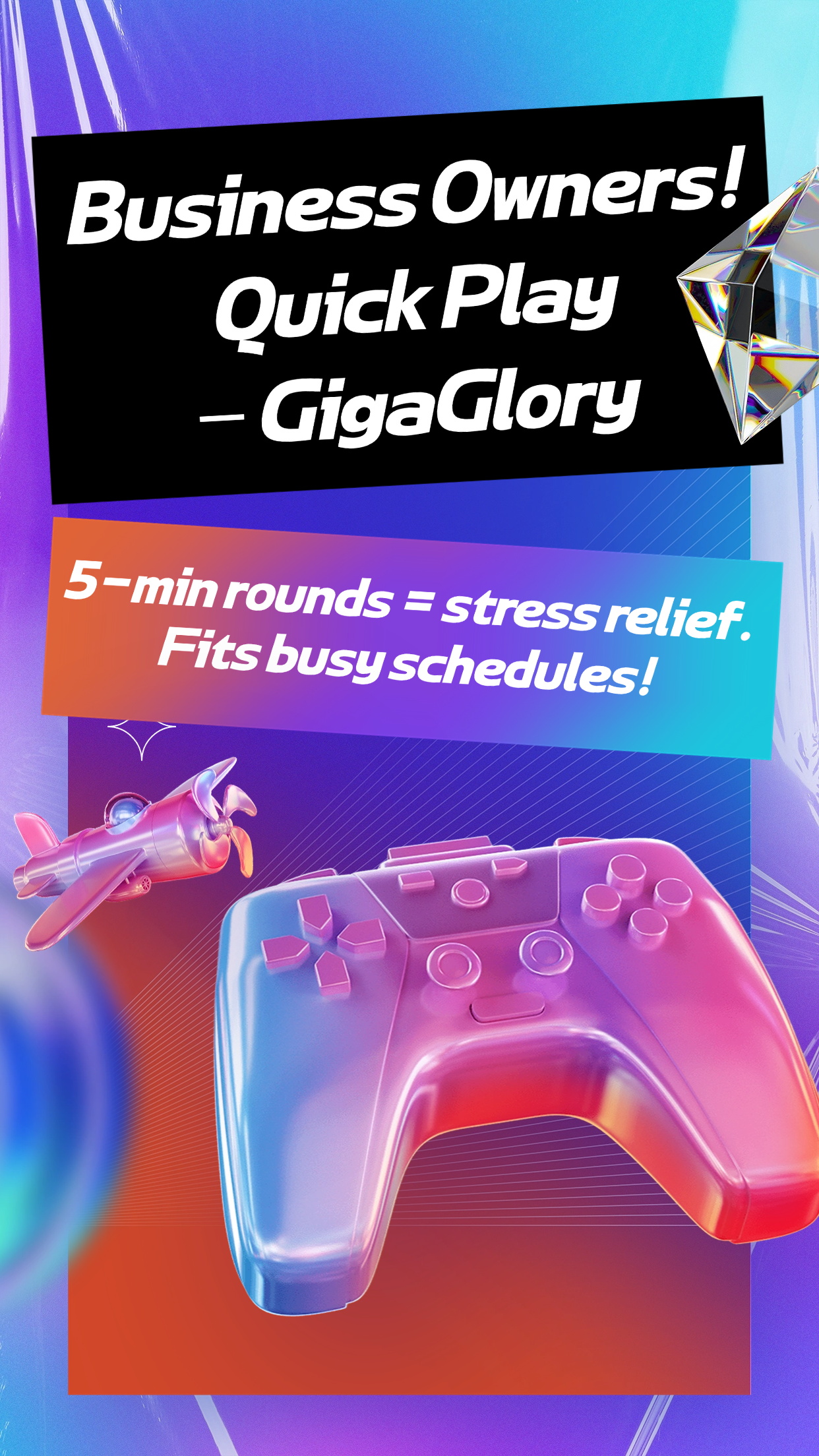Unlocking Fun: How Hyper Casual Puzzle Games are Reshaping Mobile Entertainment
In recent years, the landscape of mobile entertainment has seen a seismic shift. One of the most noticeable changes is the rise of hyper casual puzzle games. These games, characterized by their simple mechanics and addictive gameplay, are captivating millions of gamers worldwide. In this article, we’ll explore how hyper casual puzzle games are not just shaping entertainment but also redefining how we interact with mobile technology.
What are Hyper Casual Puzzle Games?
Hyper casual games are the new wave of mobile gaming. They’re designed to be straightforward and easy to grasp, allowing players to dive right into the action without complex tutorials. Puzzle games within this category add an intriguing twist, enticing players to engage their minds while having fun. Think Tetris mixed with the accessibility of a smartphone app!
Key Features of Hyper Casual Puzzle Games
- Simplicity: Players can get started almost immediately, often just by tapping or swiping.
- Short Sessions: Designed for quick gameplay, making them ideal for breaks or commutes.
- Visual Appeal: Bright colors and eye-catching designs keep players entertained.
- Variety: Many puzzle games offer a range of challenges to keep the experience fresh.
The Impact on Mobile Entertainment
Hyper casual puzzle games have transformed the gaming ecosystem by attracting a broader audience. Here’s how:
| Factor | Before Hyper Casual | After Hyper Casual |
|---|---|---|
| Audience Size | Niche Gamers | Mainstream Users |
| Game Complexity | Complex Mechanics | Simple Mechanics |
| Playtime | Long Sessions | Short, Quick Sessions |
| Monetization | Paid Games | Freemium Model |
Examples of Popular Hyper Casual Puzzle Games
The market is flooded with engaging games. Some standout examples include:
- 2048: A number-based puzzle game that challenges players to combine tiles to reach the elusive 2048.
- Flappy Bird: While not a strict puzzle game, its simplicity and addictive nature resonate with puzzle gamers.
- Clash of Clans: Combining strategy and creativity, while primarily a strategy game, its puzzle-like elements keep engagement high.
The Psychological Appeal of Puzzle Games
Why are hyper casual puzzle games so enticing? The answer lies in psychology:
- Instant Gratification: Players get immediate feedback from victories, boosting dopamine levels.
- Problem Solving: Engaging the mind in challenging puzzles provides a sense of accomplishment.
- Stress Relief: The simplicity allows players to unwind while still engaging cognitively.
Who is in Delta Force? The Connection to Gaming
When discussing the layers of strategy and problem-solving in gaming, one can’t help but wonder about elite forces like Delta Force. Known for their tactical approach, players often emulate such strategic thinking in games, including popular titles like Clash of Clans. Drawing parallels between these elite forces and gamers provides insight into how strategy games engage users at different cognitive levels!
Future Trends in Hyper Casual Puzzle Games
As we look forward, several trends are emerging in the realm of hyper casual puzzle games:
- AR Integration: Augmented Reality is expected to revolutionize how puzzle games are experienced.
- Social Features: Multiplayer modes and social connectivity attract players who crave competition.
- Increased Customization: Players will seek more opportunities to personalize their gameplay experience.
Conclusion
Hyper casual puzzle games are not just reshaping mobile entertainment; they’re fostering a new era of gaming that’s accessible, engaging, and innovative. Their impact on how we play and interact can’t be understated. As technology advances and preferences evolve, there's no doubt that these simple yet addictive games will continue to thrive and influence the wider mobile gaming landscape.



